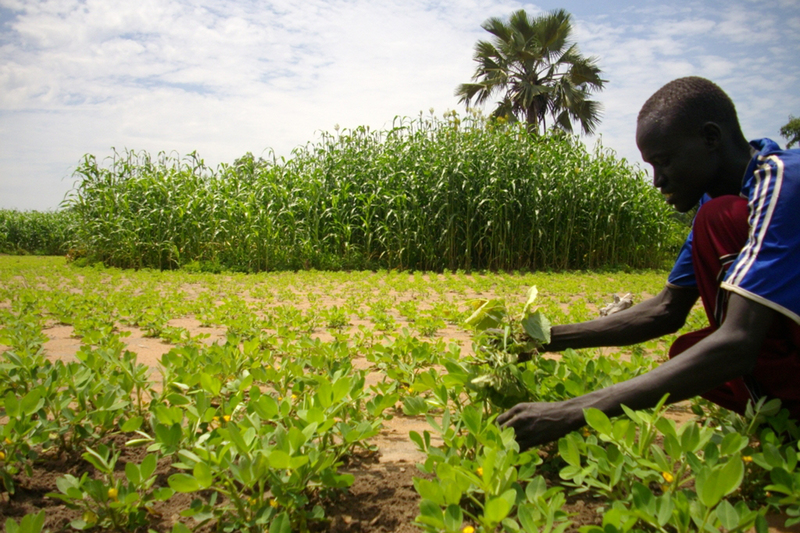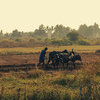Small-scale farming and agroecology
30 April 2019 | Story Ozayr Patel, Laura Pereira and Rachel Wynberg. Photo Abdullah Ampilan/Oxfam. Read time 7 min.
The intensive production of livestock, poultry, fish and crops, is environmentally damaging. This is because industrial farming can affect the soil, water and climate. The answer lies in promoting less intensive farming methods, known as agroecology.
In this week’s episode, Rachel Wynberg the bio-economy research chair at the University of Cape Town and Laura Pereira, a researcher at the centre for complex systems in transition at Stellenbosch University, look at what is agroecology and how it can make a difference. ![]()
Ozayr Patel, Digital Editor, The Conversation.
 This work is licensed under a Creative Commons Attribution-NoDerivatives 4.0 International License.
This work is licensed under a Creative Commons Attribution-NoDerivatives 4.0 International License.
Please view the republishing articles page for more information.
Research & innovation





































